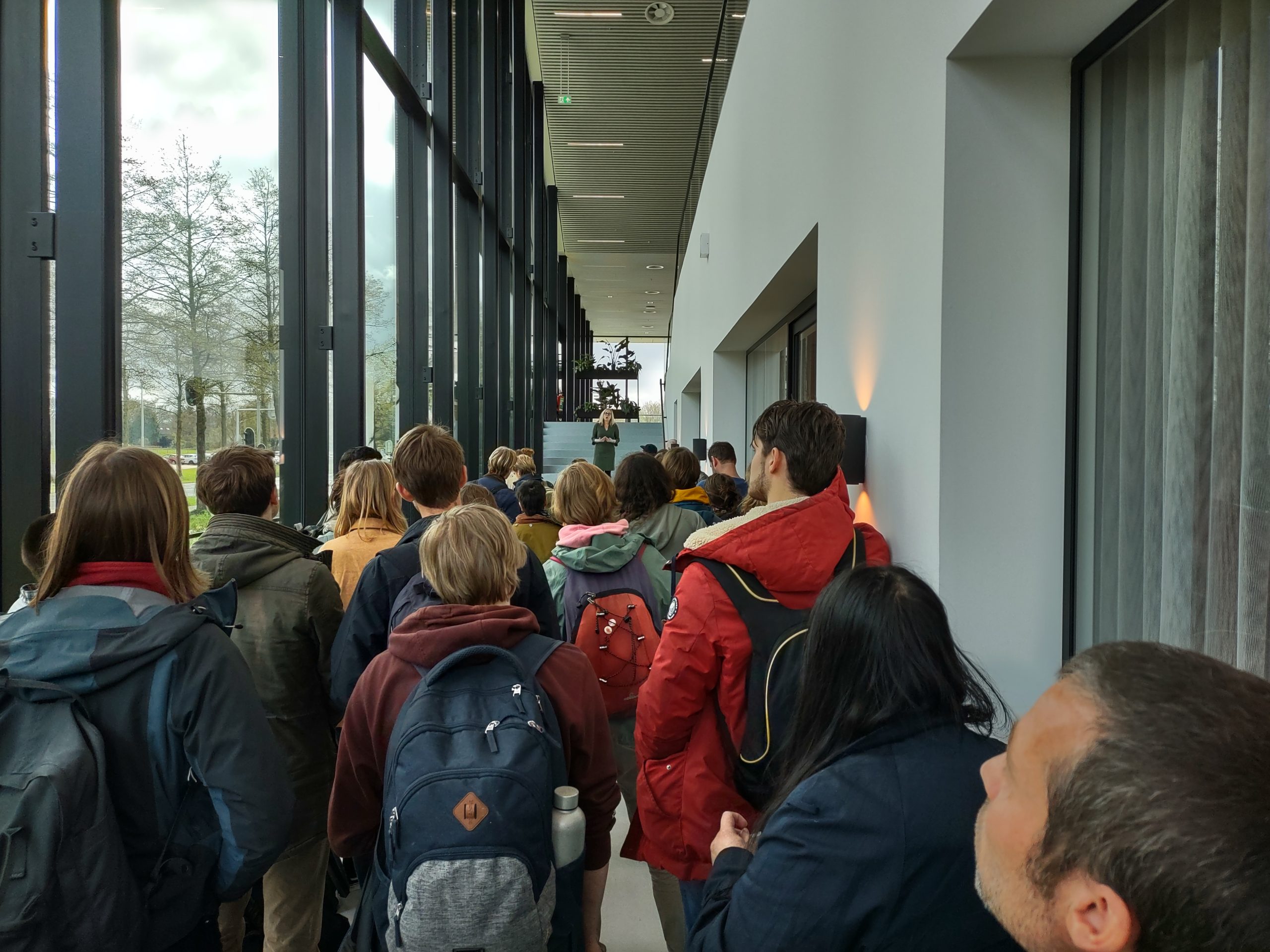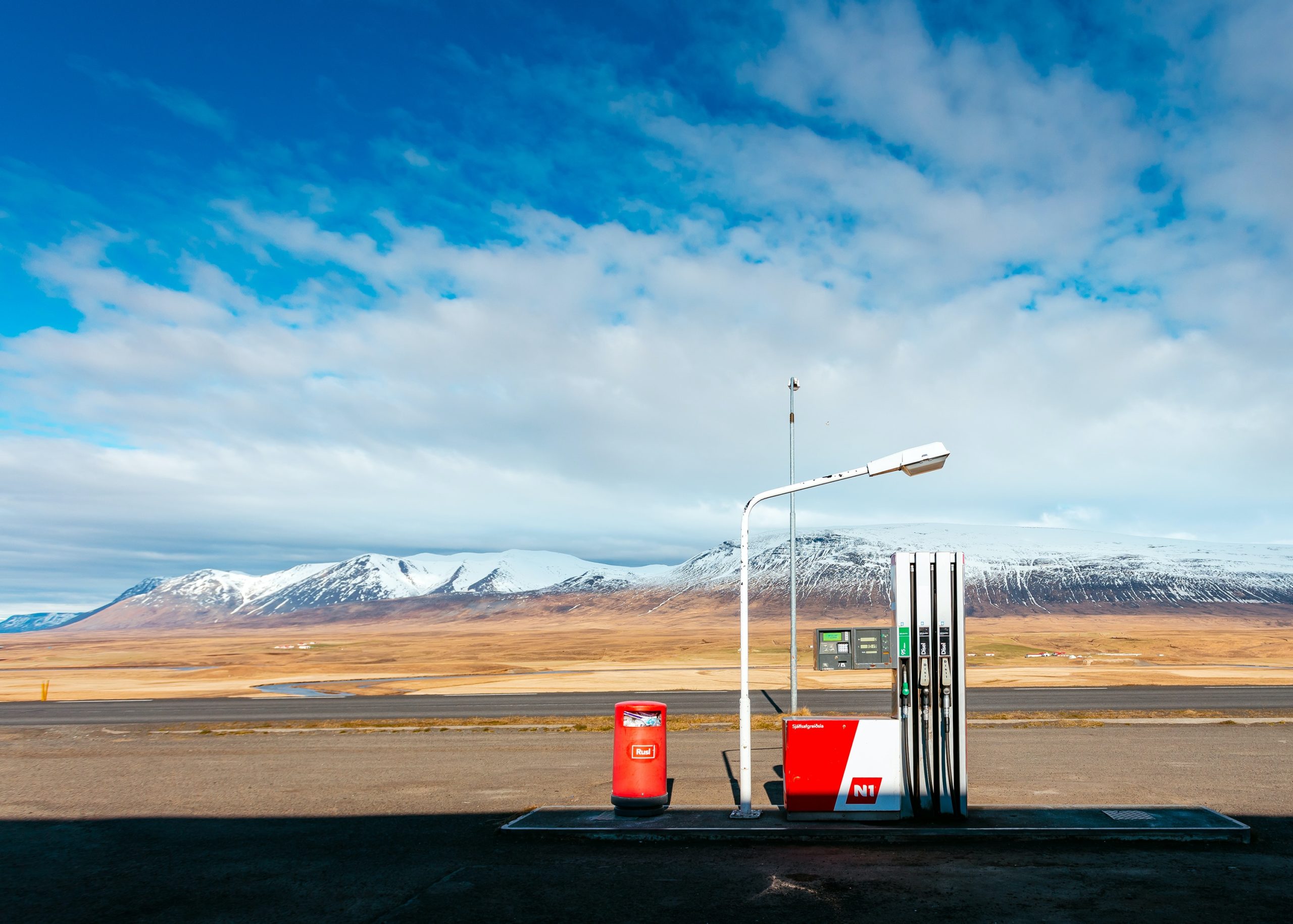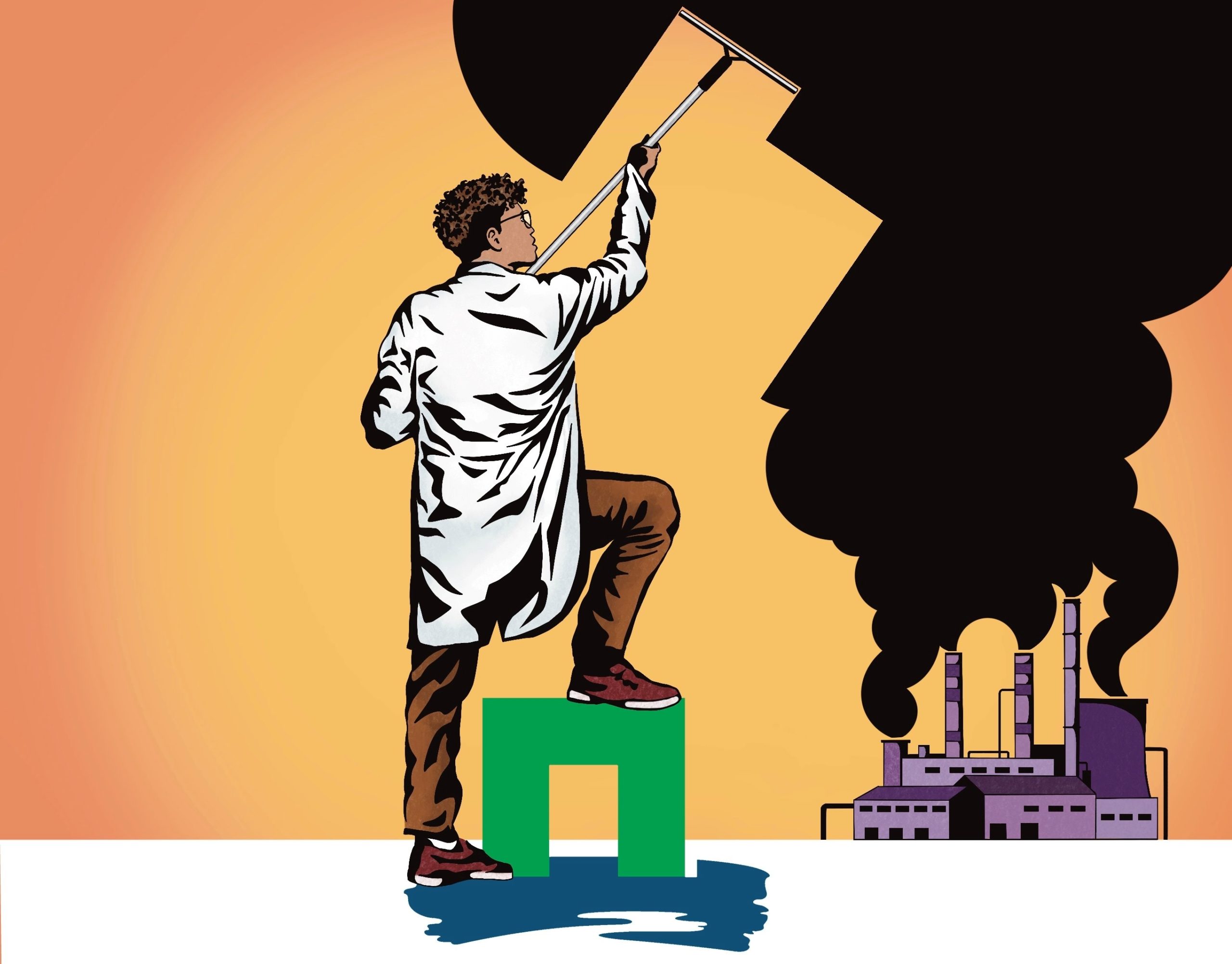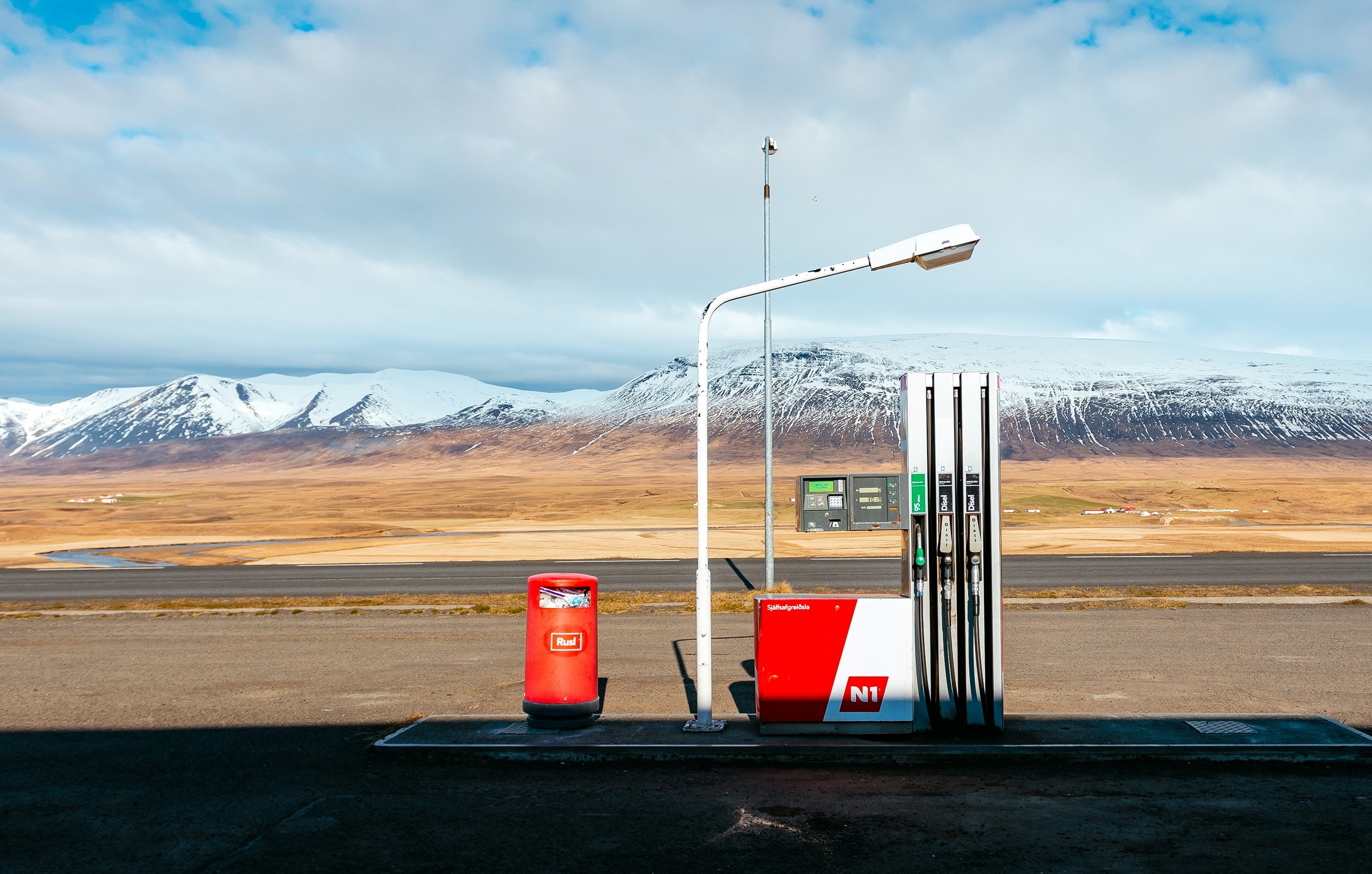Not everyone was satisfied with the first session of Let’s Explore: Collaboration with the fossil fuel industry. Hence, expectations were high for the second session. WUR organises these monthly dialogues to provide critical students and employees with a platform to voice their concerns. Student editor Felix Landman joined and reports.
Text Felix Landsman
The afternoon of Thursday, 13 April, started with some confusion when it transpired that the number of places was limited. Only with a limited audience could the deep democracy approach (a communications method for “inclusive decision making and conflict management”) be successfully deployed. After some interaction between students and the organisation, the decision was reached to permit everyone to enter, standing if needed.
In contrast to the previous session – when the audience by and large consisted of students and no more than ten employees attended, WUR was now represented by more employees. The group agreed that this facilitated a healthier discourse than the previous session.
Some twenty employees were present and supported each other with examples. Moreover, the general atmosphere was less about students against employees. The discourse topic followed the path laid down in the first Let’s Explore session: arguments for refraining from immediately severing all ties, answered with clarifications why there is no room for the fossil industry anymore on this planet. The insights the employees shared provided the discussion with an additional dimension. For example, through the question of a ‘business versus an NGO (non-governmental organisation, ed.)’. Several employees vehemently agreed that NGOs frequently are more agenda-setting than corporates. An example was shared of NGOs who stated they would only provide research funding if they knew the outcome of the study.
Be wary of these businesses’ interests
Several researchers warned of the naiveté that abounds in science regarding businesses’ interests. They also warned against scientists’ objectivity being abused. It is difficult for scientists to resist an institution with a research agenda when they are required to be objective. Although most employees were not all too committed to severing ties, two young researchers explicitly called for an end to all contact with the fossil industry. One student stated: ‘It is nice to see that these heroes are not afraid to speak up. When I discuss this topic with my professors, I feel that they have strong opinions on the matter, but they don’t feel comfortable voicing their opinion.’
Whether this session will lead to concrete actions remains anyone’s guess. Although the corporate director of Communications & Marketing, Inge Wallage, warned that this is not part of an ‘official process’, there was a noticeably more optimistic sentiment than during the previous session. The audience lingered to discuss amongst themselves in small groups how the third Let’s Explore session should be organised and how this may eventually culminate into actions. A tiny light on the pitch-black horizon.

 Photo Resource
Photo Resource 

